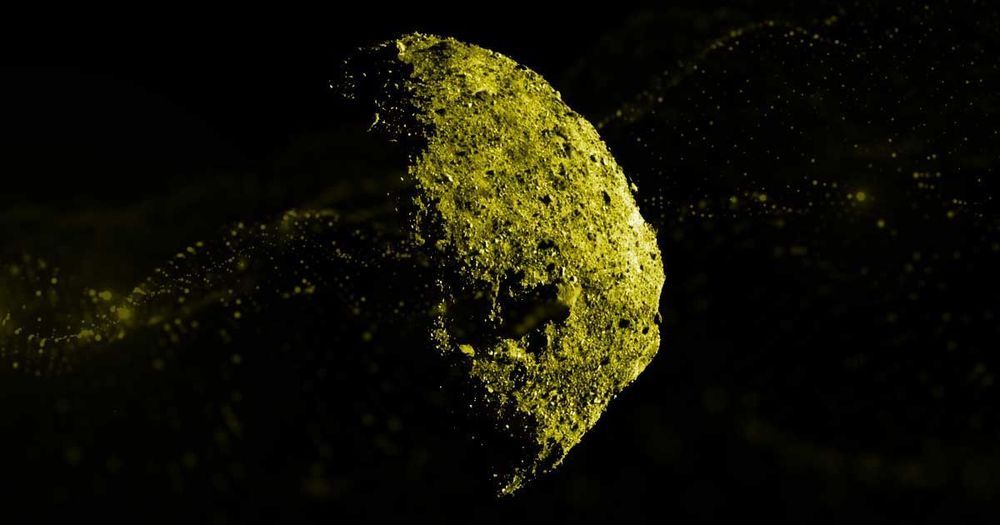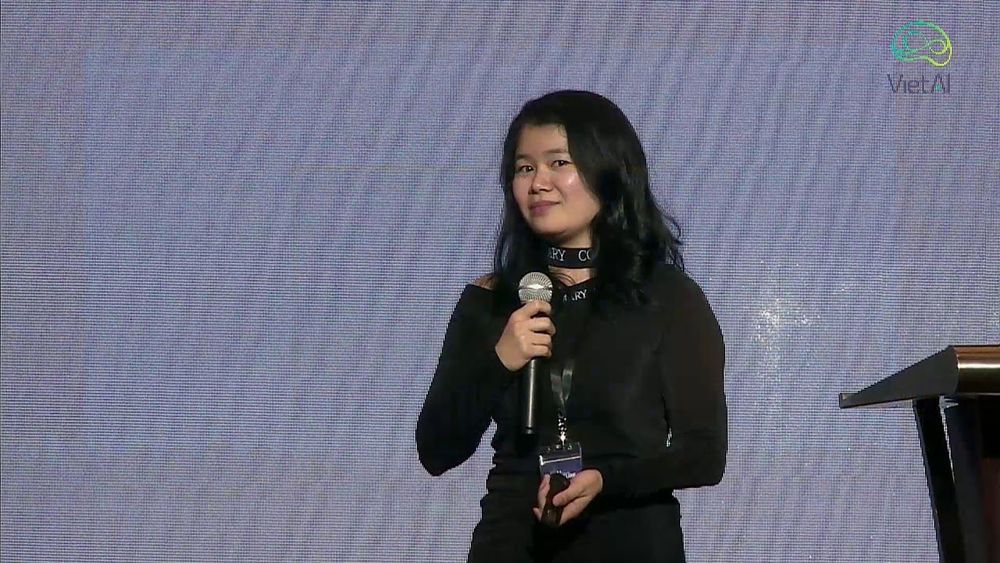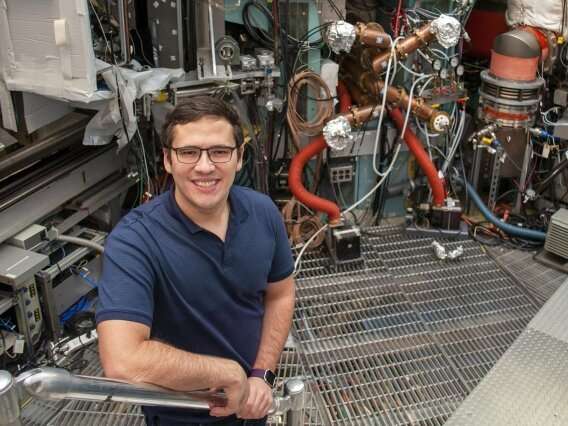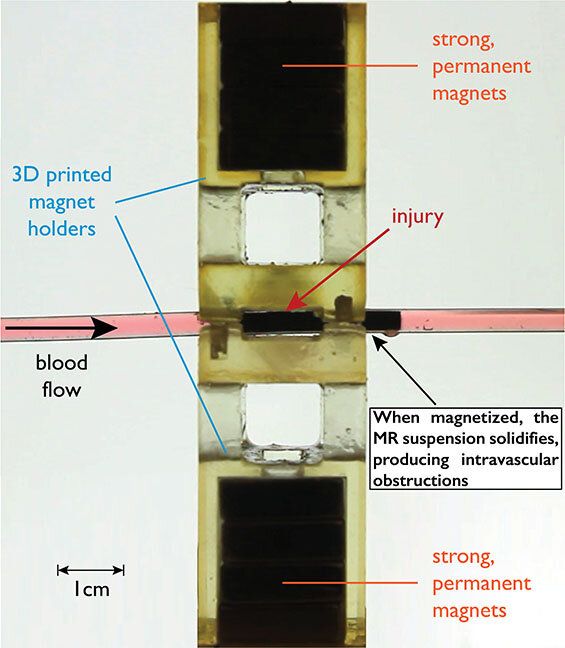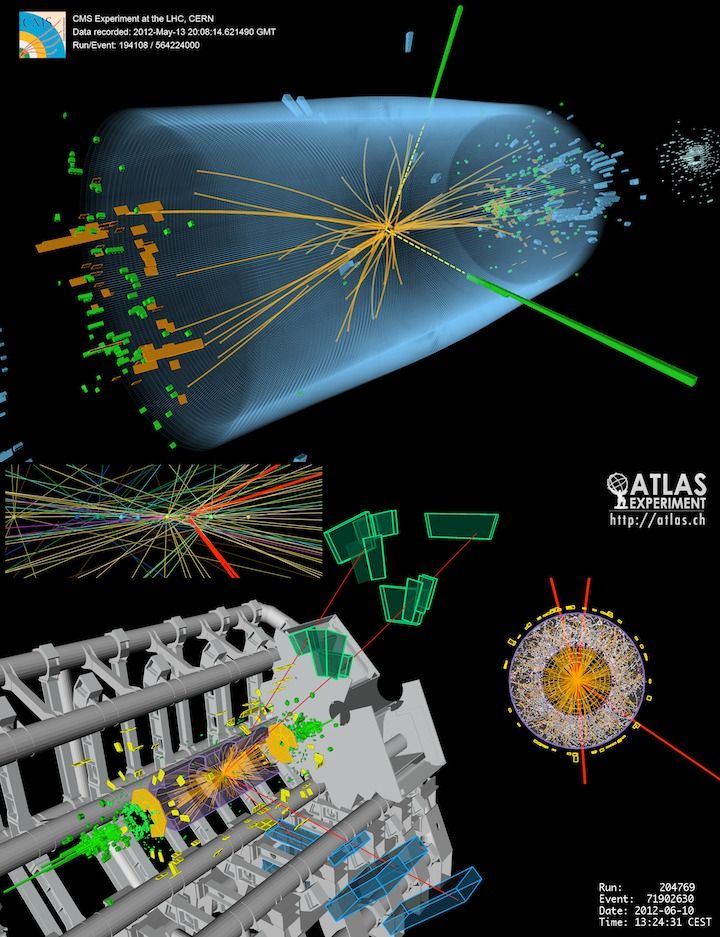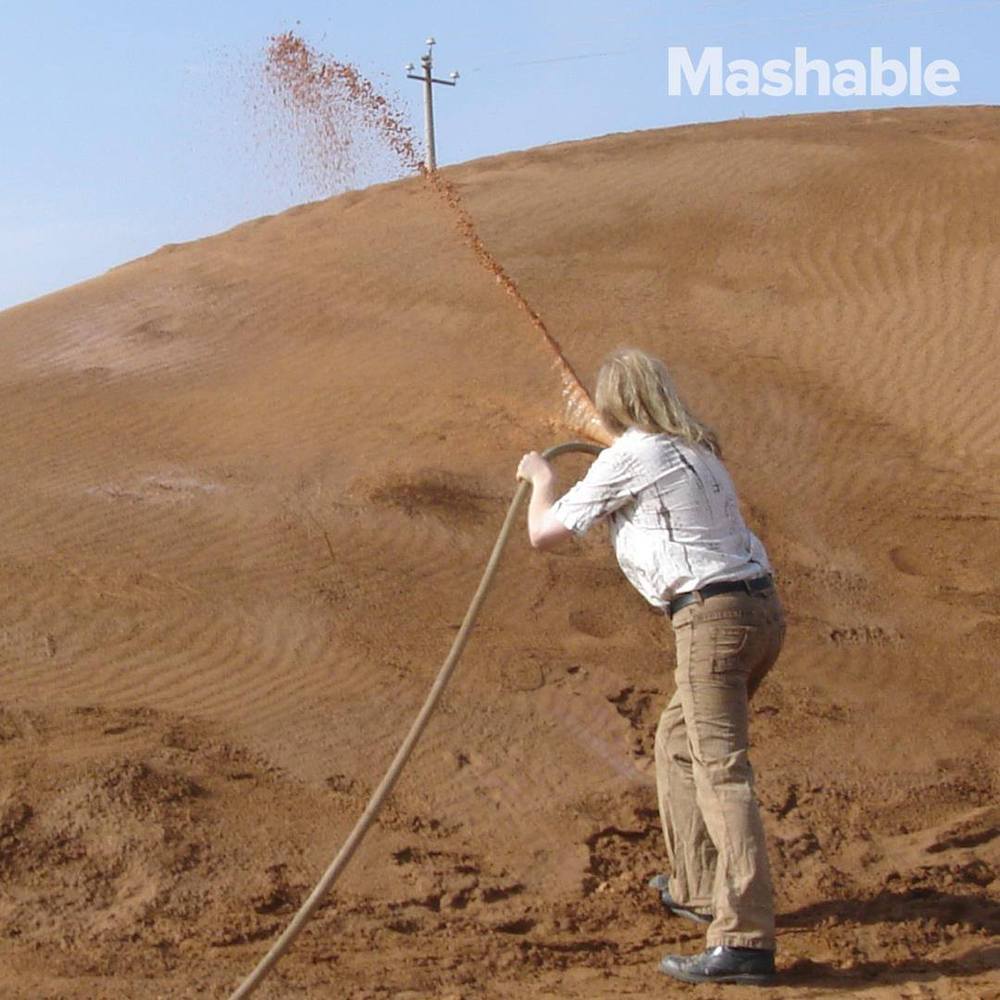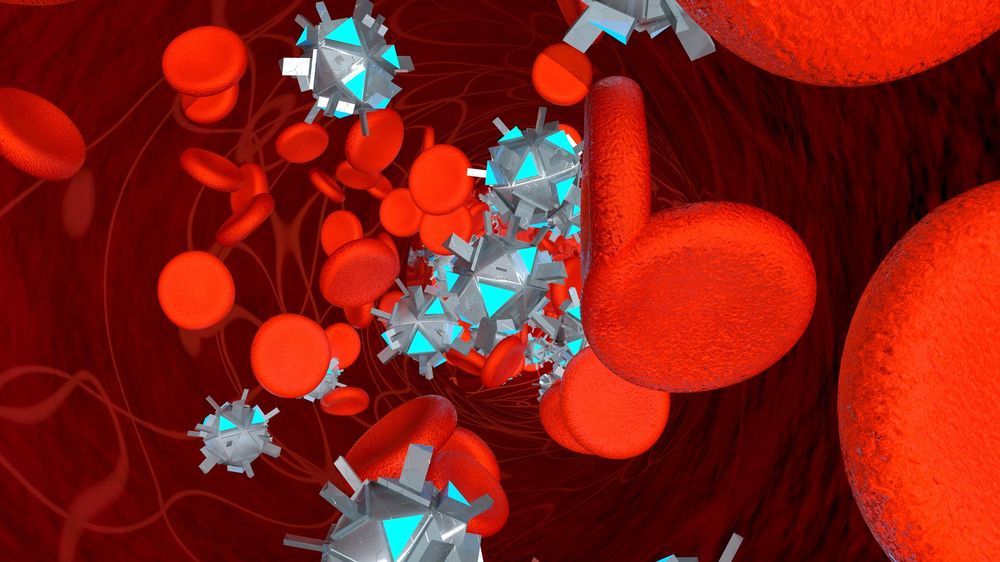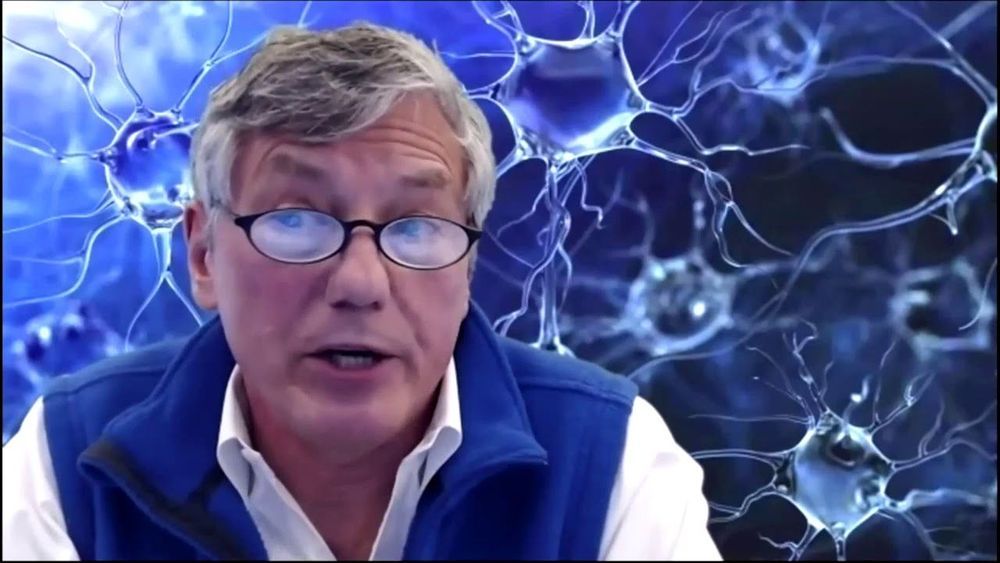Dec 11, 2019
NASA Baffled: Asteroid Bennu Keeps Spitting Out Small Rocks
Posted by Michael Lance in categories: particle physics, space
No one has ever seen an active asteroid up close like this.
“Among Bennu’s many surprises, the particle ejections sparked our curiosity, and we’ve spent the last several months investigating this mystery,” Dante Lauretta, OSIRIS-REx principal investigator at the University of Arizona, Tucson, said in a statement. “This is a great opportunity to expand our knowledge of how asteroids behave.”
The researchers are trying to figure out what is causing these “ejection events.”
Continue reading “NASA Baffled: Asteroid Bennu Keeps Spitting Out Small Rocks” »
